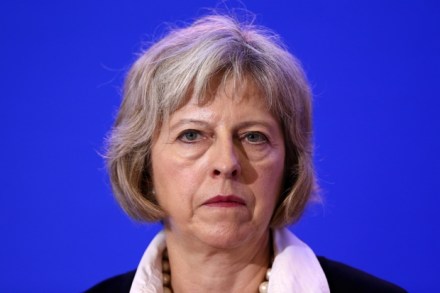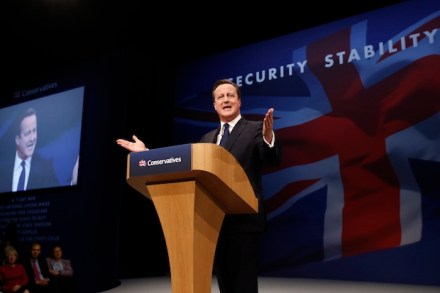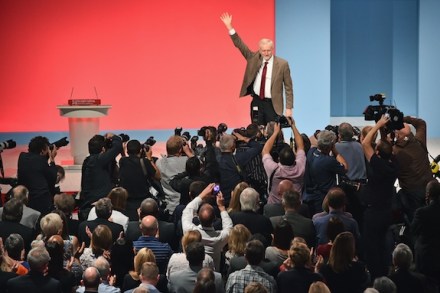Rows on Trident and Syria highlight Labour’s policymaking problems
How does Labour make its policy? Different factions and frontbenchers are quarrelling about a number of issues such as Trident and action in Syria, but a common theme in each dispute is whose word actually represents official policy. Currently the party has a plethora of different stances on everything. Maria Eagle is having to explain that a Scottish Labour conference vote does not change the party’s official policy on Trident, while her Shadow Cabinet colleague Diane Abbott is explaining that it’s something the UK-wide party really should follow. Hilary Benn is having to explain that Labour won’t consult Stop the War on British involvement in action against so-called Islamic State




















